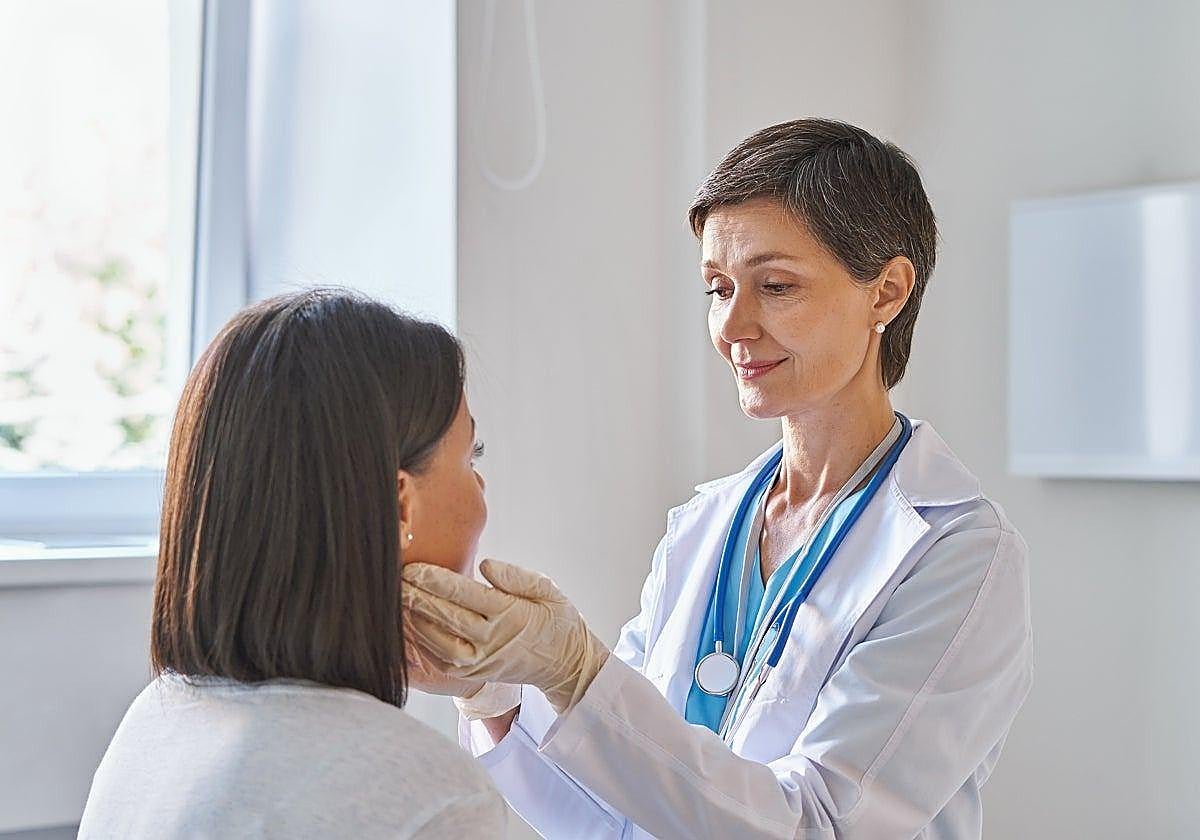AI will allow doctors to listen to patients and forget about typing
Health centres in seven regions are already running a pilot test of the practice in which the tool transcribes and summarises the conversation during the consultation
Artificial intelligence has entered primary care consultations this month. The aim is for this tool is to type the conversation between the GP and the patient, letting the doctor focus entirely on listening and obtaining information about the latter's condition. This will facilitate a closer relationship and reaching an accurate diagnosis.
For now, this is only a pilot programme, but the plan agreed by the Ministry of Health and the regional ministries is for the system to be operational in all primary care consultations in the country before the end of 2027. On Tuesday, the health minister said that, in the next two months, the AI tool will operate on an experimental basis in seven regions that have volunteered to test it. The idea is to check for any snags and possible room for improvements.
Mónica García stated that the process, funded by state and European investments, will be controlled by the healthcare professional, who will subsequently review, correct and validate the automated summary. This format is already fully operational in the UK and is currently being implemented in Sweden and Switzerland, among other healthcare systems.
The health minister said that AI will probably have more functions in health centres in the future, but that for now it will only start with the transcription and automated summary of the consultation. Always with the patient's permission, the tool will record the conversation, summarise it and present it in a format for inclusion in the record. The doctor will review and edit the content and incorporate the diagnosis, treatment and possible tests or referrals. This revised report will be incorporated into the medical record.
According to sources, in the future, Spanish regions will consider using AI in other applications, such as requesting and managing appointments, managing professional agendas or preparing summaries of the patients.
'Tardes con plan' project
Among the projects that the ministry plans to activate in the short and medium term is the 'Tardes con plan' project ('Afternoons with a plan'). Without going into too much detail, García described it as a programme that offers free and healthy leisure activities, physical exercise and nutrition to children and adolescents outside school hours. It will be co-financed by the European social fund and will be developed in collaboration with Fundación Gasol, with the main focus on children from the most vulnerable families or groups. A recent report by Gasol's NGO revealed that the lifestyle habits of Spaniards between 8 and 16 years of age are worsening significantly, driven by abuse of technology, lack of sleep, diet that is increasingly distant from the Mediterranean diet and clear increase in sedentary lifestyles.
Among minister García's announcements is also the commissioning of a nationwide sexual health survey by the CIS, which hasn't been conducted since 2009. The aim is to help design more targeted public campaigns and policies and tackle the sharp increase in sexually transmitted infections, especially among young people. Another recent initiative foresees that around half a million students under the age of 16 will benefit from the 100-euro aid in purchasing glasses or contact lenses.

